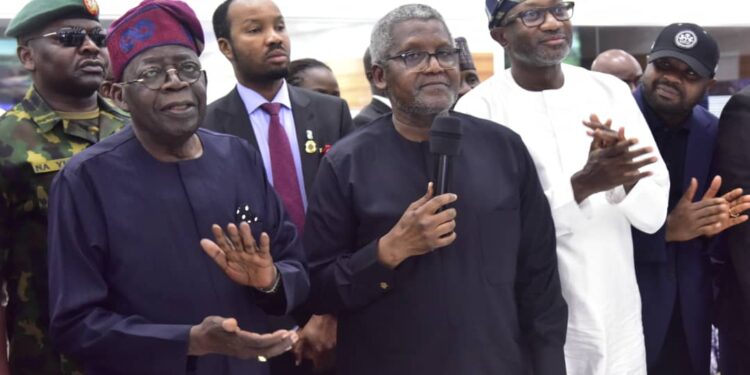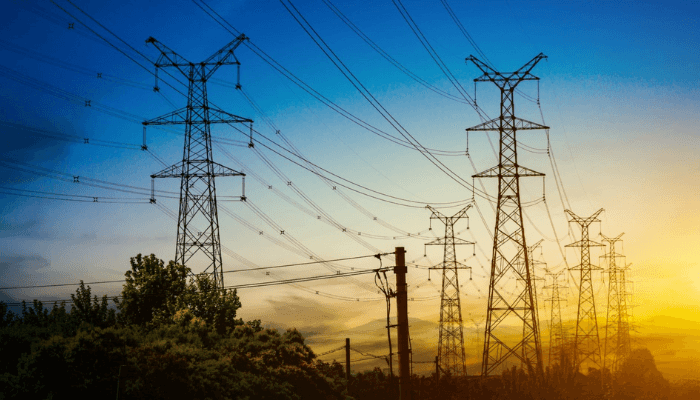The Nigerian Midstream and Downstream Petroleum Regulatory Authority (NMDPRA) has unveiled six gazetted regulations to spur investment and economic growth in the midstream and downstream sectors of the petroleum industry and boost revenue generation
The regulations which were unveiled yesterday in Abuja, would support sustainable growth for the mid and down streams sectors.
They included the Midstream and Downstream Petroleum Operations Regulations and Assignment or Transfer of License and Permit Regulations.
Others include the Petroleum Measurement Regulations; Gas Pricing and Domestic Demand Regulations; Petroleum (Transportation and Shipment) Regulations; and Natural Gas Pipeline Tariff Regulations.
Speaking at the unveiling, NMDPRA Board chairman, Idaere Ogan, said the Petroleum Industry Act (PIA) 2021 provided for the development of the regulations to actualise the benefits of the PIA.
Ogan, while commending the management, regulation drafting committee and relevant stakeholders whose inputs were considered as expected by the PIA said the regulations covered all aspects of the PIA to promote economic growth.
Also speaking Authority Chief Executive NMDPRA, Mr Farouk Umar, said in addition to the six regulations being inaugurated, 14 other regulations have been developed and shall be issued shortly.
Umar said the PIA emplaced a framework for the development of the relevant regulations that would support sustainable growth and investment across the oil and gas value chain in Nigeria.
“Accordingly, the NMDPRA in consultation with relevant stakeholders, has developed the regulations which have been designed to enable businesses through regulatory clarity, certainty, fairness, transparency, and best industry standards.
“The Authority remains committed to collaborating and engaging with our industry stakeholders whilst promoting transparency and accountability, in the implementation of these regulations,’’ he said.
In an overview, Dr Joseph Folorunsho, NMDPRA Legal Adviser/Secretary, said the Midstream and Downstream Petroleum Operations Regulations applied to gas and petroleum liquid operations and oil and gas service permit.
Folorunsho said it bordered on conformity assessment and technological adaptation and also provided for the grant of licenses and sanctions on violators
He said the Assignment or Transfer of License and Permit Regulations applied for approval or consent of authority on all midstream processing facilities including terminals, pipelines and blending infrastructure.
“The objective of the Petroleum Measurement Regulations is to ensure accurate measurement on allocation of gas and crude oil and ensuring installation of appropriate measurement by company and metering of oil and gas operations.
“Gas Pricing and Domestic Demand Regulations regulates retail gas pricing, prices of marketing natural gas of the strategic sectors, and identifies the unregulated market and make provisions.
“Petroleum (Transportation and Shipment) Regulations regulates activities relating to transportation loading, shipment and export of crude oil. It prohibits illegal and unauthorised crude oil activities, among others,” Folorunsho said.
He said the Petroleum (Transportation and Shipment) Regulations was expected to stem crude oil theft and illegal activities while Natural Gas Pipeline Tariff Regulations provided framework for tariff methodology and transportation of natural gas.





